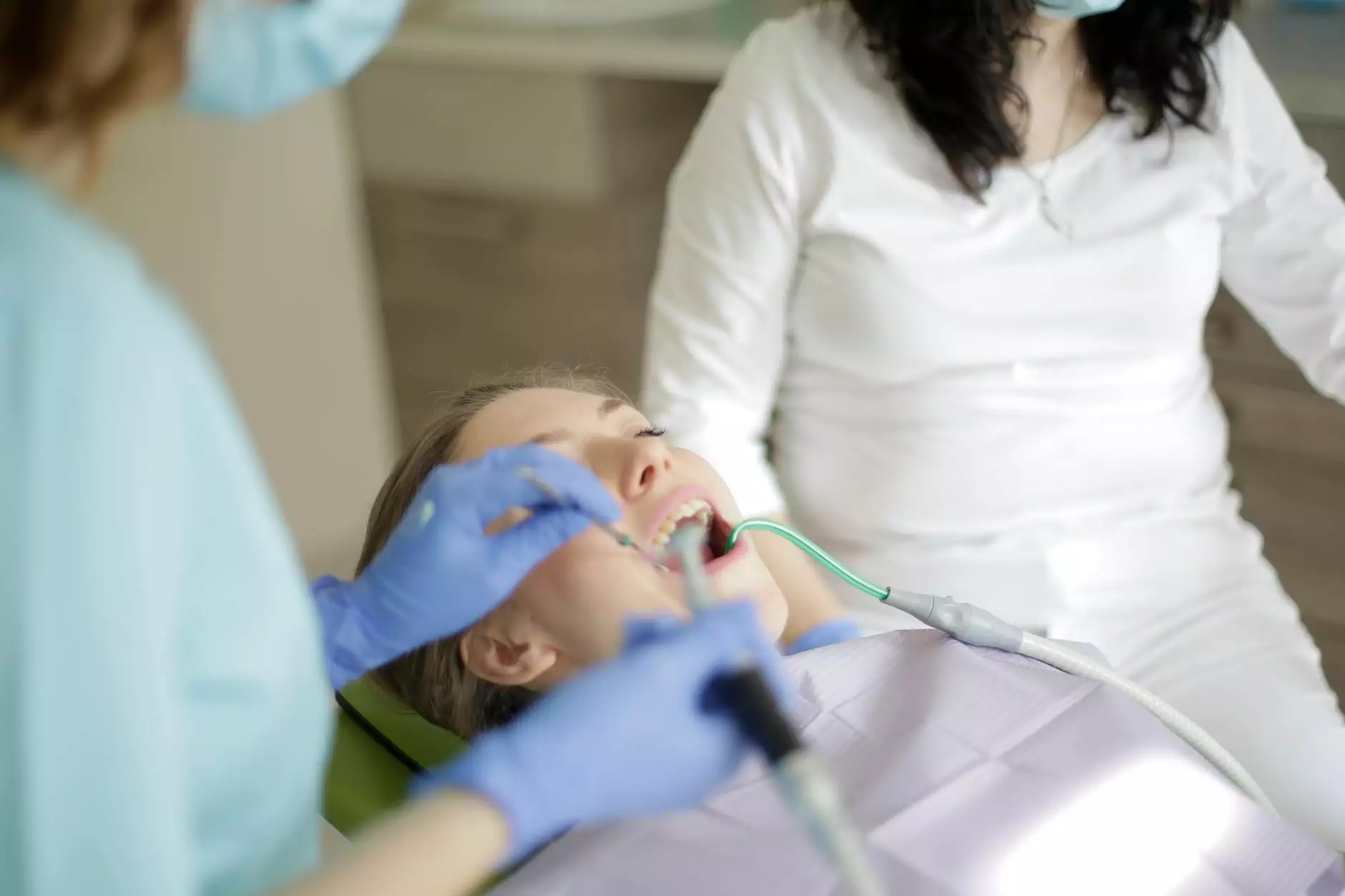Understanding Elbow Replacement Surgery Cost: A Detailed Analysis

Elbow replacement surgery is a significant medical intervention designed to alleviate pain and restore function to patients suffering from severe elbow joint issues. As you contemplate this surgical option, one of the foremost considerations will undoubtedly be the elbow replacement surgery cost. In this article, we will delve deeply into the multifaceted aspects of the costs associated with this surgery, ensuring you are well-informed and equipped to make a sound decision for your health care needs.
What Is Elbow Replacement Surgery?
Elbow replacement surgery involves the removal of damaged bone and cartilage from the elbow joint and replacing them with artificial components. This procedure is typically recommended for patients suffering from:
- Severe arthritis (rheumatoid or osteoarthritis)
- Fractures that cannot be repaired
- Bone tumors in the elbow joint
- Other debilitating conditions that impair function
The ultimate objective of this surgery is to reduce pain and improve the overall range of motion in the elbow, facilitating a better quality of life for the patient.
Factors Influencing Elbow Replacement Surgery Cost
The elbow replacement surgery cost can widely vary based on several critical factors, including:
1. Geographic Location
The cost of medical procedures can differ significantly across regions. Urban areas with higher living expenses typically charge more for surgeries compared to rural areas. It is crucial to consider nearby hospitals and clinics when assessing overall costs.
2. Type of Facility
Costs can also vary depending on whether the surgery is performed at a hospital, an outpatient surgery center, or a specialized orthopedic clinic. Facilities that are known for high-quality care may charge a premium.
3. Surgeon’s Expertise
The skill and experience of the orthopedic surgeon play a vital role in determining the overall cost. Highly experienced and reputable surgeons may command higher fees, reflecting their advanced skills and expertise.
4. Type of Implant Used
The specific type of prosthetic implant utilized in the elbow replacement can impact costs. Some patients may require customized implants which may be more expensive than standard components.
5. Medical Insurance Coverage
Insurance plans vary in coverage provided for elbow replacement procedures. Understanding what your insurance will cover can drastically change the out-of-pocket expenses for the procedure. Consultation with your insurance provider is advisable to clarify coverage limitations and benefits.
Breakdown of Elbow Replacement Surgery Costs
To provide better insight, let's break down the expected costs associated with elbow replacement surgery:
- Pre-operative Costs: This includes consultations, diagnostic imaging (X-rays, MRIs), lab tests, and any necessary preliminary medical evaluations. Expect to pay around $500 to $2,000.
- Surgical Fees: The surgeon's fee can range from $1,500 to $5,000 or more, depending on their reputation and experience.
- Anesthesia Fees: Anesthesia will generally add approximately $500 to $1,500 to the total cost.
- Hospital or Facility Charges: Charges from the facility can range from $10,000 to $30,000, covering the use of the operating room and recovery area.
- Implant Costs: The cost for the elbow implant itself can vary widely, typically between $3,000 to $10,000, depending on the type used.
- Post-operative Care: Expenses related to follow-up visits, physical therapy, and rehabilitation can add another $1,000 to $5,000 depending on the complexity of recovery.
Summing up these costs can lead to a total estimated range of $17,000 to $55,000 for elbow replacement surgery. However, these figures may vary based on the previously mentioned factors.
Insurance and Financing Options for Elbow Replacement Surgery
Many patients may find the costs of elbow replacement to be burdensome, which is why understanding insurance coverage and alternative financing options is essential.
Understanding Insurance Coverage
Most health insurance plans cover elbow replacements if they are deemed medically necessary. Key points to consider include:
- Pre-authorization: Many insurers require pre-approval for the surgery, which involves submitting medical documentation supporting the need for the procedure.
- Deductibles and Out-of-Pocket Maximums: Understanding your deductible is crucial as patients may be responsible for a percentage of costs until their deductible has been met.
- In-Network vs. Out-of-Network Providers: Opting for in-network providers can substantially reduce overall costs; ensure you verify this with your insurer.
Financing Options
If insurance coverage does not completely alleviate financial concerns, patients have several financing options to explore:
- Payment Plans: Many facilities offer payment plans that allow patients to break down costs into manageable monthly payments.
- Medical Credit Cards: Some patients opt for medical credit cards, which may offer promotional financing for medical procedures.
- Healthcare Financing Companies: Specialized companies provide loans for medical procedures, covering costs upfront to be repaid over time.
Recovery After Elbow Replacement Surgery
Recovering from elbow replacement surgery is a crucial aspect of the overall experience and can also influence the total cost of the procedure. Understanding the recovery process is vital to setting realistic expectations.
The Initial Recovery Phase
The first few weeks post-surgery are typically dedicated to rest and pain management:
- Hospital Stay: Most patients spend 1 to 3 days in the hospital. This is often included in the surgical costs.
- Pain Management: Medications will be prescribed to manage postoperative pain and inflammation.
Rehabilitation and Physical Therapy
Physical therapy is integral to a successful recovery, with expected sessions ranging from 6 to 12 weeks. The cost associated with these therapy sessions should be factored into the overall expenses. Physical therapy may involve:
- Range of Motion Exercises: Early therapy focuses on regaining flexibility in the elbow.
- Strength Training: Gradual progression to rebuilding strength and function.
Overall, proper rehabilitation can significantly improve outcomes, leading to better joint function and quality of life.
Conclusion
Understanding the comprehensive aspects of elbow replacement surgery cost prepares you for one of the most important health decisions of your life. By considering the various factors influencing costs, exploring insurance options, and committing to the recovery process, you can navigate this challenging journey with confidence.
Whether you are seeking treatment for severe arthritis, a troubling fracture, or other joint issues, knowing what to expect regarding costs can empower you through the surgical and recovery phases, ensuring a smoother path to regaining mobility and alleviating pain. For more personalized assistance and information, visit elclinics.com, where our specialized medical team is ready to support you.









